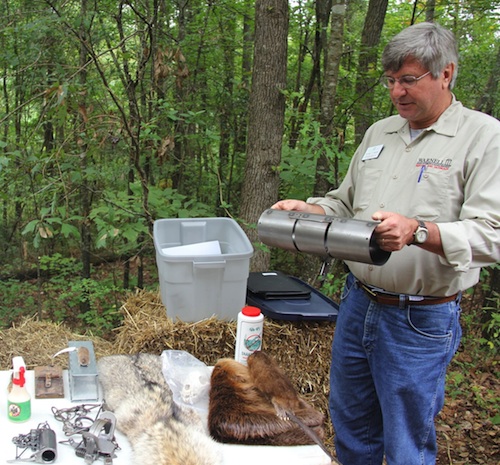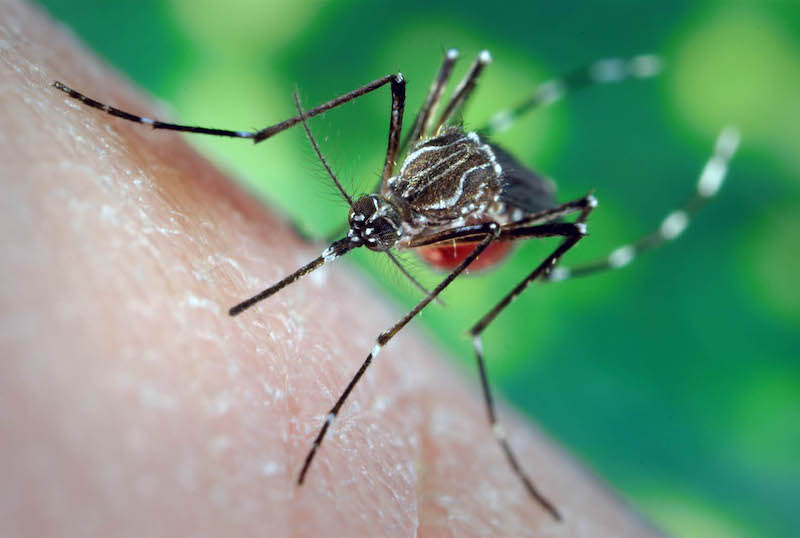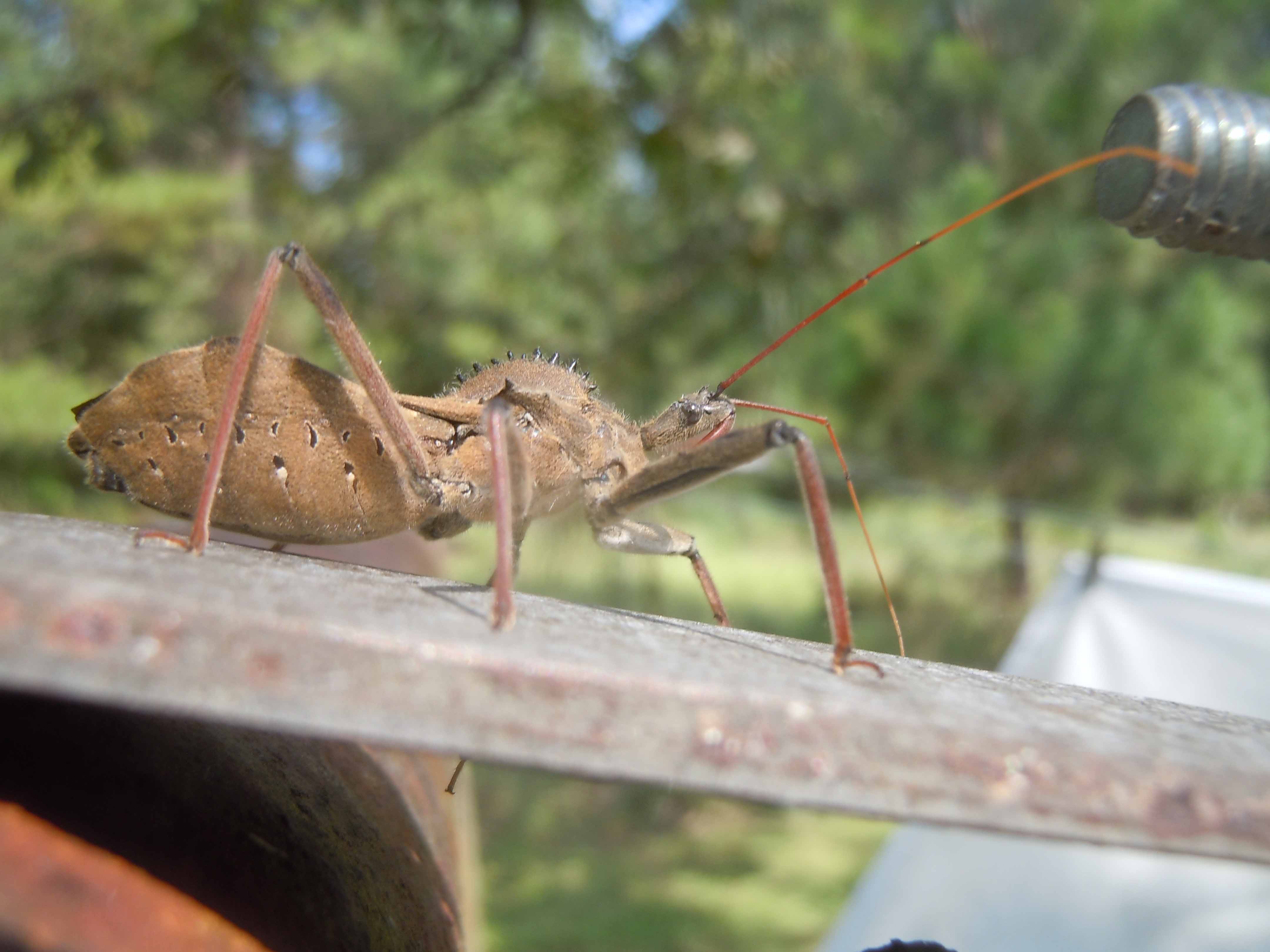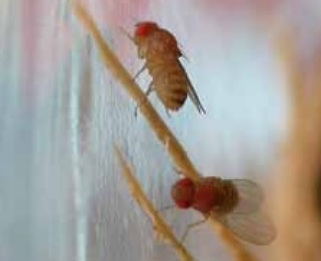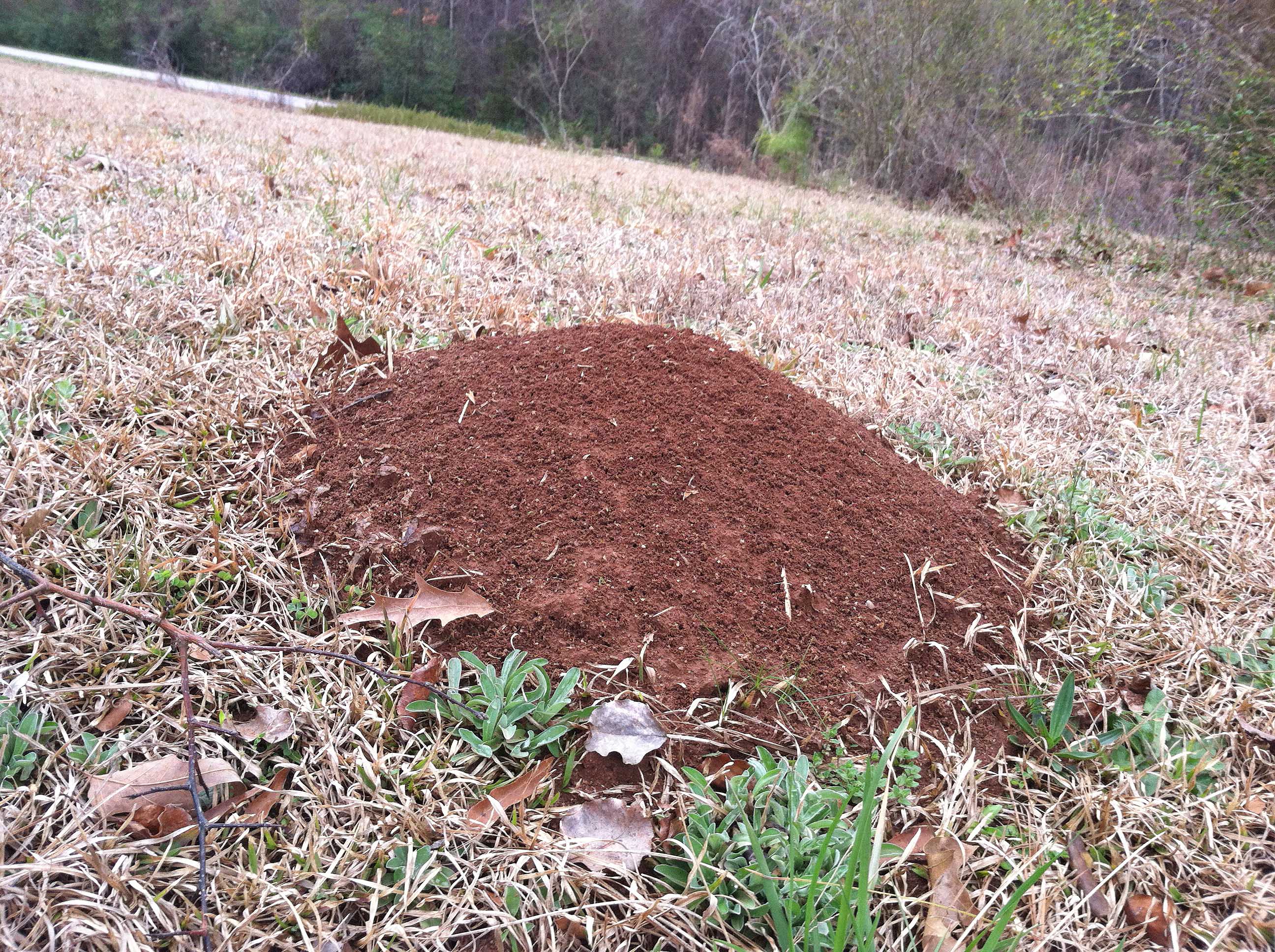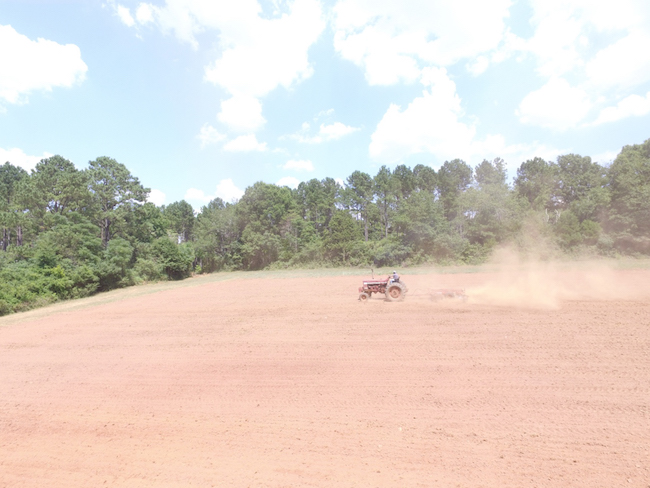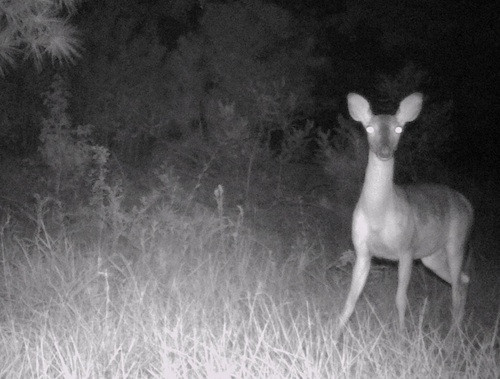 CAES News
CAES News
Dining deer
When deer leave the shelter of the woods in search of food, they often inspect the shrubs and flowers in your front yard’s landscape as if they were browsing a buffet.

